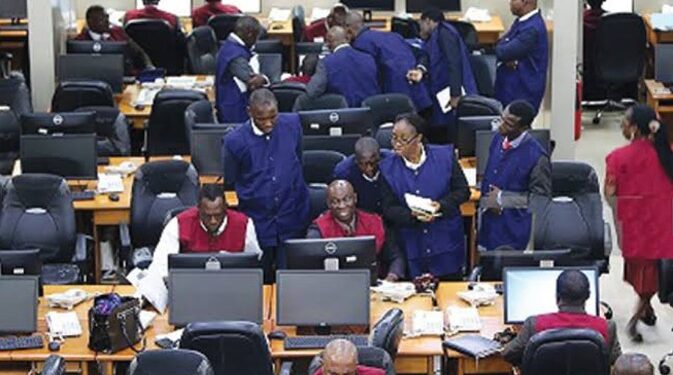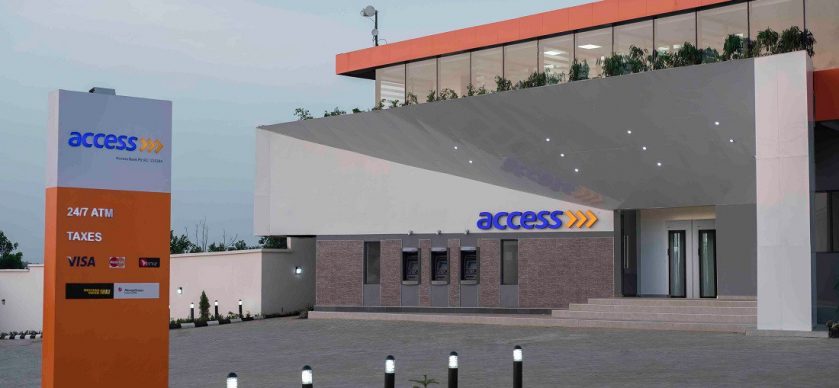Africa Business Review
CBN-Angola MoU Marks New Chapter in Africa’s Financial Integration

The Central Bank of Nigeria (CBN) and the Bank of Angola have taken a major step toward strengthening financial and institutional collaboration across Africa with the signing of a Memorandum of Understanding (MoU) aimed at deepening bilateral relations and enhancing technical cooperation in core areas of central banking.
The signing ceremony, held on Thursday and attended by senior officials from both institutions, development partners, and financial sector stakeholders, marked a new phase in the long-standing engagement between Nigeria and Angola—two of Africa’s largest oil-producing economies.
The agreement was formally endorsed by Mr. Olayemi Cardoso, Governor of the Central Bank of Nigeria, and Mr. Manuel Tiago Diaz, Governor of the Bank of Angola. The MoU, officials said, provides a comprehensive framework for sustained collaboration in policy formulation, financial stability, and institutional development within the African banking landscape.
Speaking during the event, CBN Governor Mr. Olayemi Cardoso described the MoU as a strategic milestone that underscores the growing cooperation among African central banks in addressing shared macroeconomic challenges.
“This partnership is not only timely but essential,” Cardoso stated. “It reflects our collective resolve to strengthen regional integration, promote knowledge exchange, and build stronger financial systems capable of supporting sustainable economic growth. The spirit of today’s signing aligns perfectly with the objectives of our continental engagements at the annual and spring meetings.”
Cardoso further noted that deepening collaboration between Nigeria and Angola will promote policy coordination and enhance resilience against global economic headwinds. According to him, “increased cooperation among central banks will help bridge capacity gaps, improve transparency, and facilitate innovation within Africa’s monetary and financial ecosystems.”
In his remarks, the CBN Deputy Governor in charge of Economic Policy, Dr. Mohammed Abdullai, hailed the MoU as a “critical development” in advancing technical and operational cooperation between both institutions.
He explained that the agreement establishes a bilateral platform for reciprocal technical exchange, cross-border supervision of authorized financial institutions, and structured information sharing between the two central banks.
“This collaboration will cover key operational areas such as exchange control, currency management, foreign reserves management, financial markets, payment systems, research, and banking supervision,” Abdullai said. “It will also focus on AML/CFT (Anti-Money Laundering and Countering the Financing of Terrorism), market conduct supervision, and financial sector development. Importantly, capacity-building initiatives through staff training and joint research will form a vital component of this partnership.”
The MoU is also expected to strengthen regulatory cooperation, promote cross-border financial stability, and align both countries’ central banking practices with global standards while taking into account the specific economic realities of African nations.
Analysts view the agreement as part of a broader continental effort to foster financial integration, improve monetary policy coordination, and boost resilience across Africa’s financial systems. Both central banks are expected to operationalize the framework through working groups and periodic joint reviews to ensure that the outlined areas of cooperation are effectively implemented.
The partnership, observers note, signals a growing recognition of the need for homegrown solutions to Africa’s monetary and economic challenges through institutional synergy, shared expertise, and regional solidarity.
“We are confident that this collaboration will enhance efficiency, promote sustainable growth, and create new opportunities for innovation within Africa’s central banking space,” Cardoso concluded.
With this landmark agreement, the CBN and the Bank of Angola have positioned themselves at the forefront of Africa’s evolving financial cooperation drive, setting a model for other nations seeking to strengthen their institutional and economic linkages through strategic partnerships.



